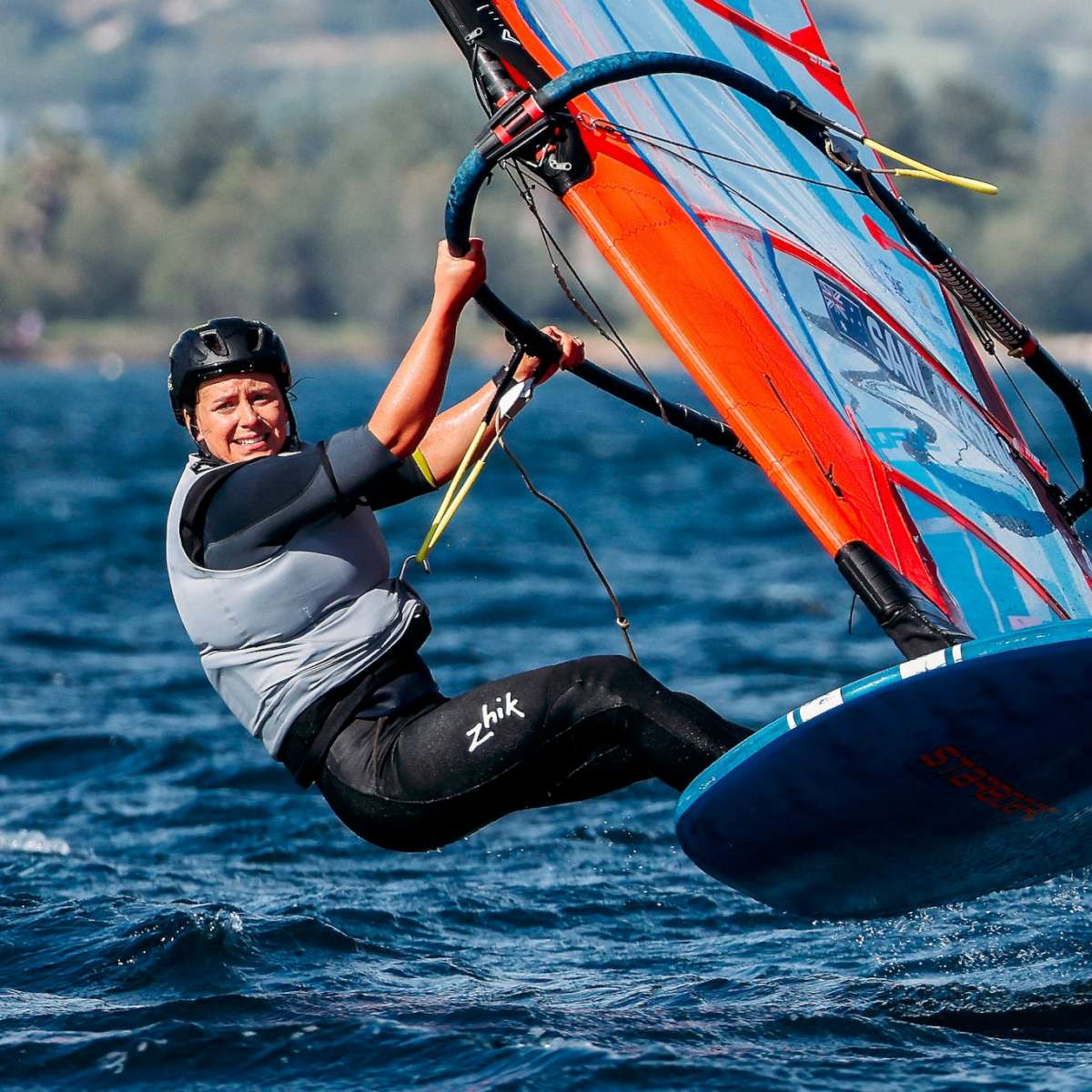Emirates Team New Zealand and the Project Speed team have been making the most of their testing at Auckland’s RNZAF Whenuapai base this past week in a range of weather which Glenn Ashby and the team have utilised to continue their sharp learning curve on their Land Speed craft ‘Horonuku’.
The range from four to 30-plus knots in both rain and sunshine on the runways have allowed the team to work through a long list of variables in weight distribution, steering, trim, tyres and most significantly the length of the craft.
The design and construction of ‘Horonuku’ was done so with a large variability in mind to be able to amend the craft and its performance in different conditions or with different behavioural characteristics while in a remote location, like Lake Gairdner in South Australia.

“Over the past few days we have implemented some steering changes for Glenn which we have been testing and have shown improvements in his overall control,” said Sean Regan.
“But in the search for further improvements and in the interest of getting our overall Auckland testing programme signed off, we are going to shorten the craft up and change the distance between the rear wheels and the centre of effort. This will have a big effect on the balance of the steering.”
It seems rather drastic to be chopping a metre out of the rear of Horonuku, but no concern is needed, there were no chainsaws involved in the process. It’s all in the planning.
“We have always had section in the back end that we can literally move the rear wheels forward by a metre. It is quite a big change based on the balance, so being able to get that tested before we head off to Australia is good. It’s a balance thing and every run we are just learning,” explained Regan.
After a couple of further high-speed test runs, how did it feel to the pilot Glenn Ashby still locked into his confined cockpit?
“It’s really well balanced in this configuration, it just feels like you can do whatever you want to do. I feel really comfortable in the short setting, and it feels like a definite improvement for me so very happy with how it is feeling,” Ashby explained over the radio.
“It is like moving the dagger board of a boat further aft, so we have moved the centre of effort, the centre of mass and the centre of lateral resistance much closer together.
“It is effectively making the rear wheels take more load and the front wheel less load, which feels totally different than it did before and I actually quite like it. So, it will be interesting to sail in some more breeze and see how much load we can get out of these rear tyres.”
Which is the plan for the remaining time left testing at Whenuapai, get some big breeze in the short configuration before signing off the New Zealand based testing program and packing Horonuku up to head west to Australia.
By ETNZ
























